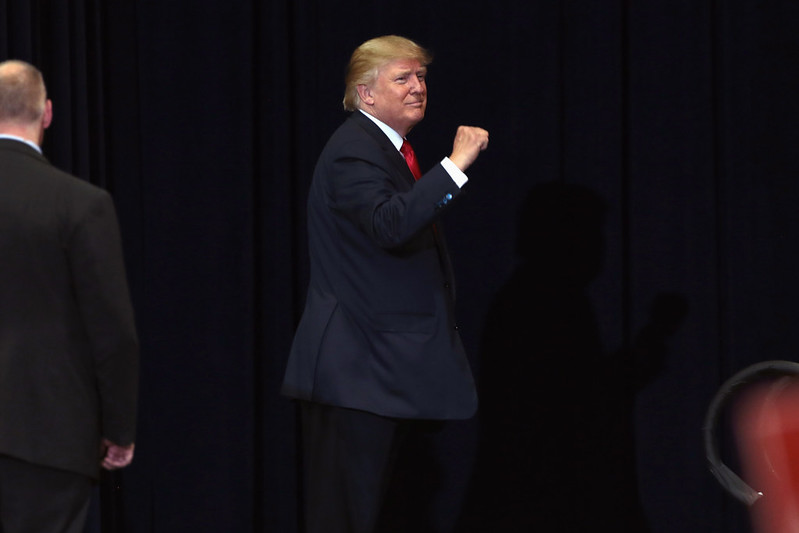Judicial rulings temporarily halting Trump’s actions may ultimately serve to advance his broader objectives, legal experts told the Daily Caller News Foundation. Many said that the wave of lawsuits challenging the Trump administration’s early moves—including court orders blocking his spending freeze and compelling health agencies to restore removed website content—has inadvertently created opportunities for Trump to leave a lasting impact on executive branch operations.
“Ironically, in rushing to trip up Trump, these judges may empower him when all is said and done,” GianCarlo???? Canaparo, senior legal fellow at The Heritage Foundation’s Edwin Meese III Center for Legal and Judicial Studies, told the outlet, explaining the judges have in some cases “gotten the law and their own power terribly wrong.”
“Not only do I expect they will ultimately be reversed on appeal, but by overreaching, they have given Trump exactly the vehicles he wants to overrule some of those old Supreme Court precedents,” Canaparo continued. “And, of course, they’ve teed up a challenge to nationwide injunctions, which the Supreme Court seems ready to abolish.”
Trump administration officials, including Vice President J.D. Vance, have accused judges of improperly blocking actions that fall within the president’s authority. On Thursday, a federal judge in Maryland barred Trump from restricting federal funds to hospitals that provide child sex-change procedures. Meanwhile, another judge in Washington, D.C., blocked Trump from terminating foreign aid contracts and grants issued before his inauguration.
On Tuesday, a federal appeals court rejected the administration’s request to lift an order blocking its funding freeze. However, the judge who issued the temporary restraining order clarified on Wednesday that his ruling did not prevent the administration from ending funding where “actual authority in the applicable statutory, regulatory, or grant terms” allowed, enabling the administration to proceed with pulling funds from migrant housing in New York. Additionally, on Wednesday, a federal judge lifted a temporary freeze on Trump’s buyout offer for federal workers.
The Department of Justice (DOJ) is also defending against legal challenges to several other executive orders, including those aimed at restricting gender ideology and ending birthright citizenship. Trump’s executive order on birthright citizenship—already blocked by four federal judges—is expected to ultimately reach the Supreme Court. However, the most significant and lasting impact of Trump’s actions on the high court could be reshaping the scope of executive power.
“President Trump is acting fully within his Article II powers with these executive orders,” Mike Davis, founder of the Article III Project, told the DCNF. “Activist judges are attempting to steal his executive power over nothing more than political differences. This is unacceptable, and these activist judges are creating a constitutional crisis. If it comes to the Supreme Court to put an end to this, then so be it.”
Harvard law professor Jeannie Suk Gersen observed in The New Yorker that lawyers likely expected Trump’s early actions to be challenged, ultimately reaching the Supreme Court. “This makes Trump’s legal strategy intelligible,” she wrote. “[W]hat is playing out through a veneer of chaos is a deliberate and organized tactical program to undertake actions that provoke a raft of lawsuits, some of which could become good vehicles for establishing a constitutional vision in which the President has sole authority over the entire executive branch,” she added.
Acting Solicitor General Sarah Harris informed Illinois Democratic Sen. Dick Durbin on Wednesday that the Trump Department of Justice would seek to reverse a nearly 100-year-old Supreme Court precedent that prevents presidents from removing agency officials without cause.
“To the extent that Humphrey’s Executor requires otherwise, the Department intends to urge the Supreme Court to overrule that decision, which prevents the President from adequately supervising principal officers in the Executive Branch who execute the laws on the President’s behalf, and which has already been severely eroded by recent Supreme Court decisions,” Harris wrote.



